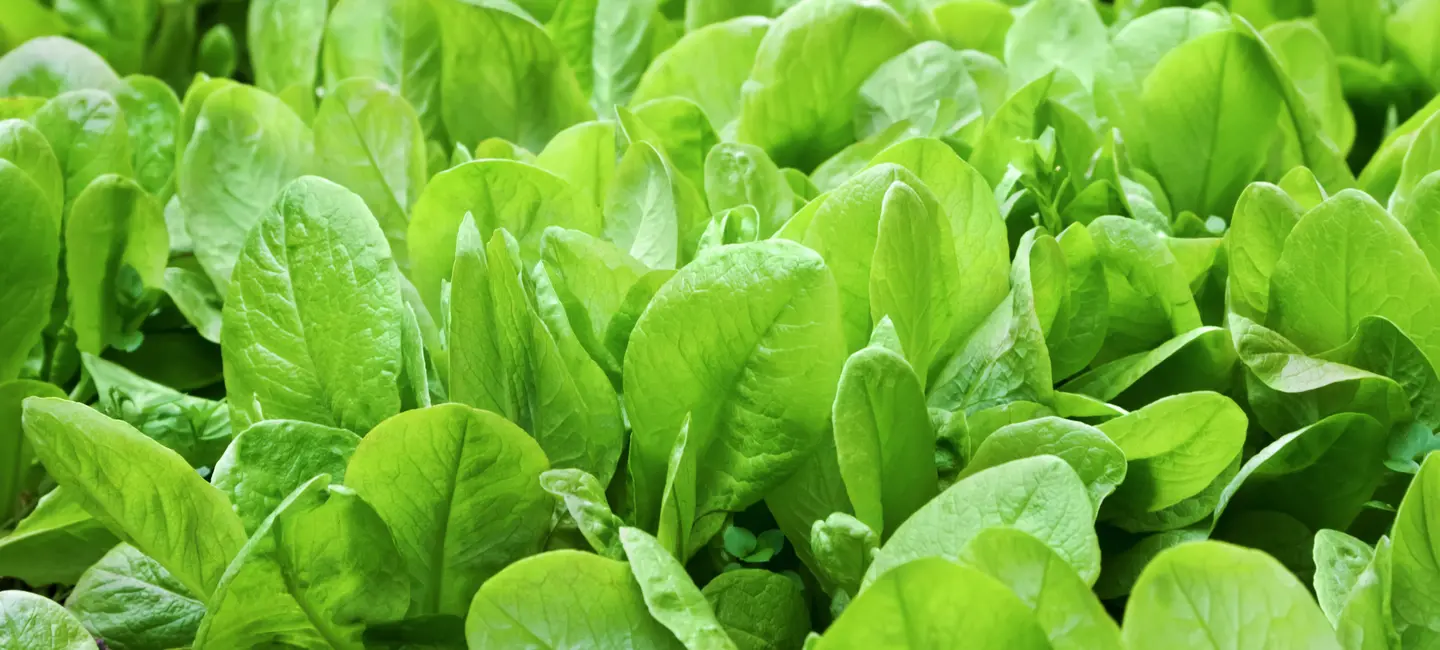
Spinach (Spinacia oleracea) is a green, leafy plant that's available in many different varieties. It's rich in nutrients and commonly eaten as food.
Spinach contains high levels of vitamin C, vitamin E, vitamin K, magnesium, nitrates, lutein, zeaxanthin, beta-carotene, and folic acid.
People use spinach for obesity, memory and thinking skills, muscle strength, and many other conditions, but there is no good scientific evidence to support these uses.
Is It Effective?
There is interest in using spinach for a number of purposes, but there isn't enough reliable information to say whether it might be helpful.
Is it Safe?
When taken by mouth: Spinach is commonly consumed in foods. It is possibly safe when used in larger amounts as medicine.
Special Precautions & Warnings:
Pregnancy and breast-feeding: Spinach is commonly consumed in foods. There isn't enough reliable information to know if spinach is safe to use in larger amounts as medicine while pregnant or breast-feeding. Stay on the safe side and stick to food amounts.
Children: Eating spinach as a food is likely safe for children who are more than 4 months old. But spinach is likely unsafe for infants younger than 4 months old. The nitrates in spinach can sometimes cause a blood disorder (methemoglobinemia) in young infants.
Allergies: People who are sensitive to latex or certain molds are more likely to have allergic responses to spinach. Also, people who are allergic to foods like chard and beets are more likely to have allergic responses to spinach.
Kidney disorders: Spinach might cause hard crystals to form in the kidneys. These crystals won't dissolve and might make kidney disorders worse.
Warfarin (Coumadin)
Interaction Rating=Moderate Be cautious with this combination.
Spinach contains large amounts of vitamin K. Vitamin K is used by the body to help blood clot. Warfarin is used to slow blood clotting. By helping the blood clot, spinach might decrease the effects of warfarin. Be sure to have your blood checked regularly. The dose of your warfarin might need to be changed.
Spinach is commonly consumed as food. As medicine, there isn't enough reliable information to know what an appropriate dose of spinach might be. Keep in mind that natural products are not always necessarily safe and dosages can be important. Be sure to follow relevant directions on product labels and consult a healthcare professional before using.
Épinard, Épinard à Épines, Épinard sans Épines, Épinard à Feuilles de Laitue, Espinaca, Espinacas, Gros Épinard, Spinacia inermis, Spinacia oleracea, Spinacia spinosa, Spinaciae Folium, Spinatblatter.
Information on this website is for informational use only and is not intended to replace professional medical advice, diagnosis, or treatment. While evidence-based, it is not guaranteed to be error-free and is not intended to meet any particular user’s needs or requirements or to cover all possible uses, safety concerns, interactions, outcomes, or adverse effects. Always check with your doctor or other medical professional before making healthcare decisions (including taking any medication) and do not delay or disregard seeking medical advice or treatment based on any information displayed on this website.
© TRC Healthcare 2024. All rights reserved. Use and/or distribution is permitted only pursuant to a valid license or other permission from TRC Healthcare.
